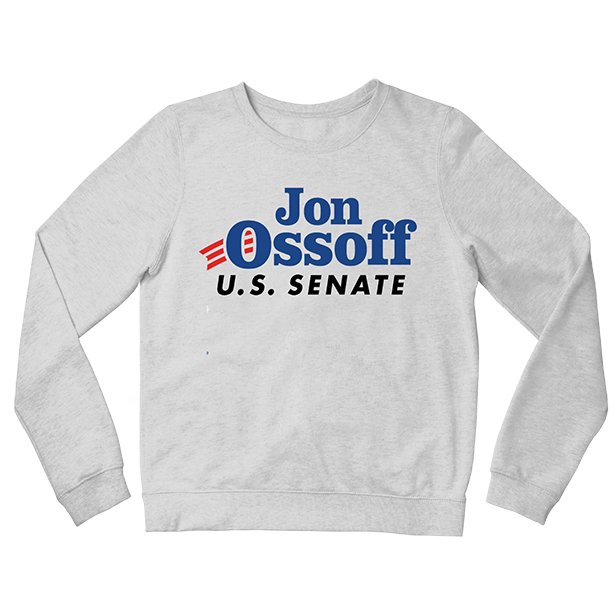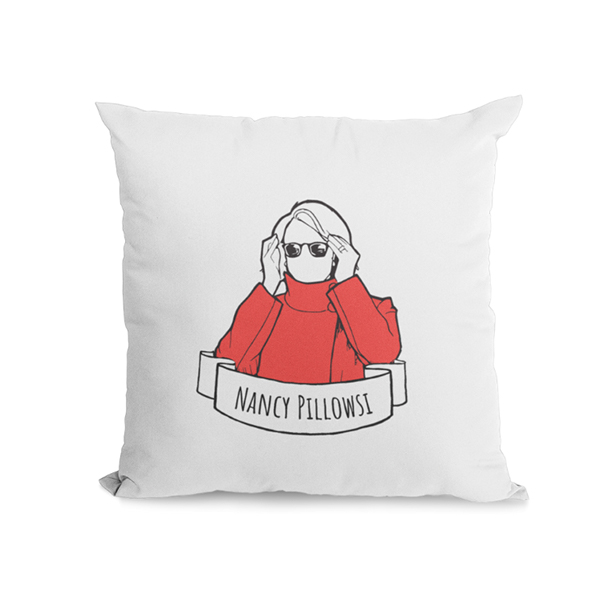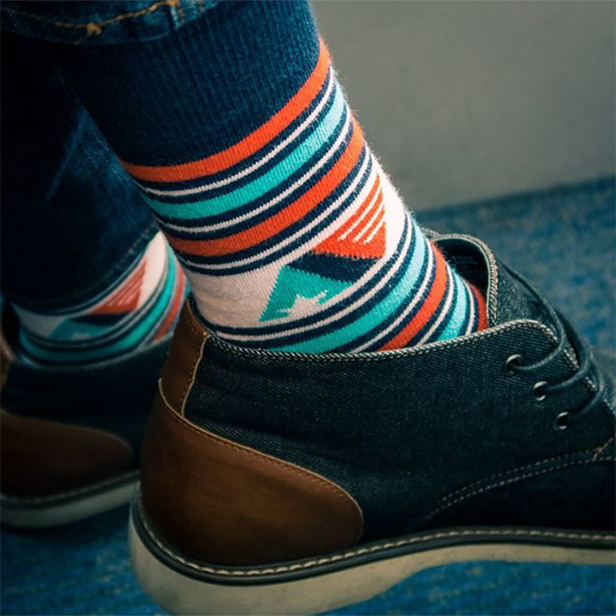October 09, 2020
Q&A: Creating Winning Campaign Swag During COVID
Hannah Coplen of States Made Apparel in Los Angeles discusses working on election merchandise in a pandemic.
Hannah Coplen, founder of States Made Apparel (asi/219559) in Los Angeles, has been making trendy political merch for an array of candidates since she started the company three years ago. She discusses how the coronavirus has changed the way supporters get their election merch, which items are trending and what the final weeks before the election look like for her business.
Q: What kinds of races are you currently working on?
Hannah Coplen: We’re working with about 10 races, mostly U.S. Senate (like Jon Ossoff in Georgia) and Congressional. We started the company in 2017, so 2018 was our first election cycle. Our specialty is union-made items for political campaigns, including Nancy Pelosi’s official site as well as some organizations, like Let America Vote. Before this, I worked at a startup, and I managed online merchandise fundraising for nonprofits. We would work with influencers to promote T-shirts that would help nonprofits raise money. I saw an opportunity to do cool political merch (a lot of brands were doing it, like Urban Outfitters and Forever 21, that made a political statement). So, all our work relates back to the political space. We do have some random clients, but those are more one-off orders.

States Made manages the e-commerce store for Jon Ossoff, a Democrat running for Senate in Georgia.
Q: How has COVID changed the way election merchandise gets into constituents’ hands?
HC: Online stores have always been the bulk of our business. About 30% of our business was for in-person events, and that’s been reoriented to the stores. The only way right now to get anything is e-commerce. No one’s going to an event and getting a shirt. Usually, volunteers receive yard signs after knocking on doors; they’re not doing that this year but campaigns are still putting their yard signs in their stores.
Q: How are constituents showing support for candidates?
HC: We’re seeing similar items to other years, along with more masks and stay-at-home items like cozy socks. This is a huge election year, and the energy is high, so it’s hard to tell what it would have looked like otherwise, without COVID. Merchandise is still a fundraising tool. I was surprised that bumper stickers are still doing well. They’re usually in the top three items in a store, along with yard signs and T-shirts. We were doing a lot of rally signs and hand fans in January, but obviously not a lot right now because those are in-person event items that aren’t usually stocked in stores as a campaign item for purchase. People are wearing their apparel on video calls and posting on social media because so many people are using social right now.

A “Nancy Pillowsi” pillow is perfect for living room sofas during video calls.
Q: What do the final weeks before Election Day look like for you?
HC: It always gets crazy. We’re working backward from Election Day because everything has to be delivered prior to that date, so we have to figure out when we need to have it. There are the debates in September and October and then people think, “Oh yeah, there’s an election. I should pay attention.” We also have to make sure staff have what they need and volunteers get their appreciation gifts. In December and January, politicians and state parties continue to buy the merchandise, so we’ll continue to sell. At the same time, we’re also figuring out overstock, we’re settling things and we’re cleaning up and preparing for what’s next. It’s a cyclical business, but even in 2019 we were doing anticipatory political merch. Some politicians are campaigning all the time, and organizations always need branded items.

With all the stay-at-home orders this year, socks have been a popular item in political campaigns’ and action committees’ e-commerce stores.
